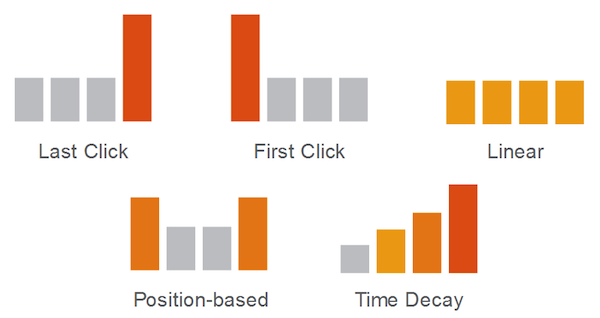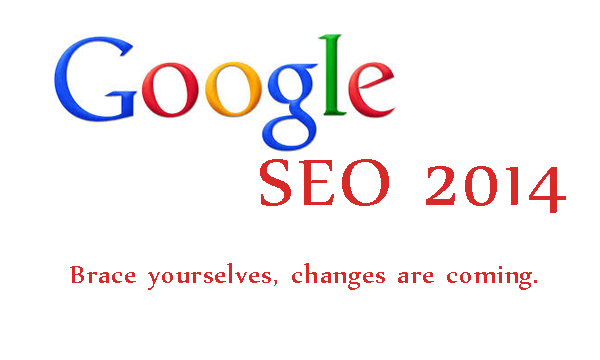Google has released a trio of new updates for AdWords and the DoubleClick network that advertisers should be aware of.
1. Changes to AdWords Conversion Tracking
Google AdWords is changing the way conversions are counted. Although Google hasn't publicly mentioned this change, a large number of advertisers received an email from Google regarding the changes. The new conversion changes will take place this month, but it's likely we will see a more detailed update from the Google when it does actually go live.Google's email said the changes are meant to make it flexible for how advertisers track their conversions, and specify how to count different conversion actions within their account:
For example, you can choose to count all instances of
certain conversion actions (such as sales) while counting only unique instances
of other conversion actions (such as leads).
Google is
also making changes to how the conversions are represented within the account.
The Conversions (many-per-click) column will now be replaced by a new
"Conversions" column with additional functionality. This column will
count the conversions, based on how the advertiser wants each conversion action
to be tracked and counted.Google's email included a detailed description of how the new conversion tracking will work.
Acme Corp uses AdWords to drive two important conversions: sales of their online tax software and leads for their in-person consultation service. They notice that people often make multiple purchases of their tax software – perhaps separate purchases for state and federal taxes. However, people also fill multiple lead forms. While Acme would like to count every sale as a conversion, they would like to count only unique leads.
If a click on their AdWords ad led to two sales and two leads, the previous conversions (many-per-click) would count four conversions whereas conversions (1-per-click) would only count one. Acme would like to see three conversions: one for each sale, and one for the unique lead. Now with flexible conversion counting, Acme can see the right number of conversions for each conversion action they measure in AdWords.
2. New Search Funnels Attribution Modeling Tool
Google announced the new Search Funnels Attribution Modeling Tool. Google said this tool is designed to help advertisers identify keywords that may be actually play a significant role in converting, even if they aren't necessarily the last click prior to conversion:
These reports are called Search Funnels. "Search," of course, refers to people searching on Google. "Funnels" refers to the series of steps your customers take before completing a conversion. Think of it as a passage (or funnel) through which your customer reaches the conversion.
Search Funnels can give you more detailed information about ads, clicks, and other elements that are part of your online campaign. This gives you a better sense of your customers and, ultimately, the effectiveness of the ads and keywords you've created.
The tool examines five different common attribution models in AdWords: last click, first click, linear, position based, and time decay.
3. New DoubleClick Search Commerce Suite
DoubleClick has announced its new Search Commerce Suite. This set of tools is designed to help advertisers easily create and update text ad and PLA campaigns. It includes additional functionality to help advertisers create dynamic product listings.Today, we're excited to introduce the DoubleClick Search Commerce Suite, a robust toolset offering a smarter, faster, product-centric layer to search management. The suite is comprised of solutions that help you automatically create and update text ad and PLA campaigns based on your product catalog, leverage real-time data to optimize against your product or category-level business goals, and measure it all with flexible, product-based reports.
We designed the DoubleClick Search Commerce Suite with products at the core, letting you efficiently build, manage, and optimize campaigns by seamlessly integrating with your existing product investments. As the only platform directly integrated with Google Merchant Center, we make your product inventory visible and accessible within DoubleClick Search – meaning there's no need to navigate a separate interface, manage a manual upload, or wait for a separate team to deliver product feed data. Instead, anyone on your marketing team can act on live updates, as they happen.
This is also the only product that is directly integrated with Google's Merchant Center.
Article Source: http://searchenginewatch.com/article/2328568/3-Google-Updates-for-AdWords-DoubleClick-Advertisers










